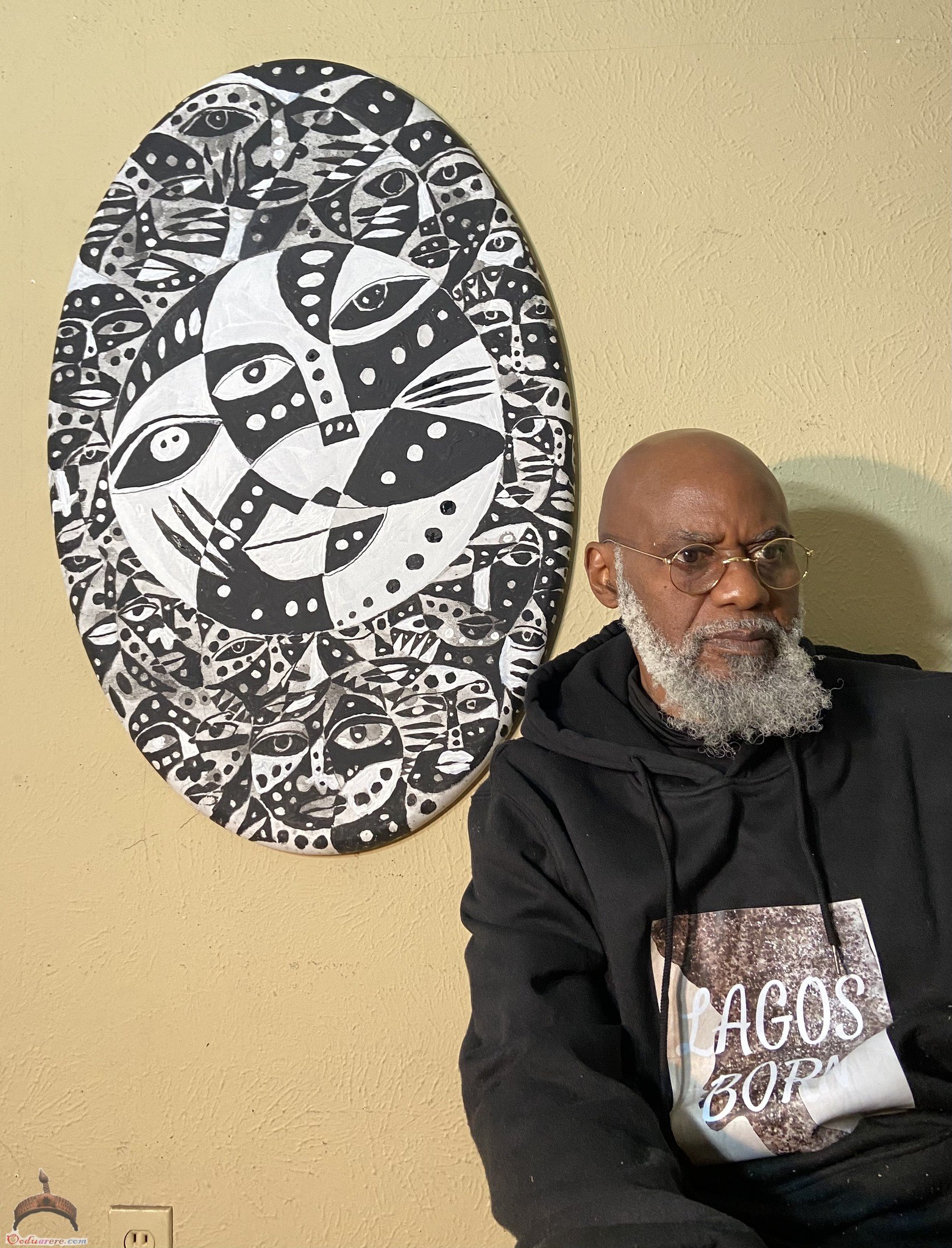“Prof, I read your posting on the woman who is unsure about whether to disclose the biological father of her daughter to the daughter,” the caller said on the phone.
“You did?” I asked rhetorically.
“Yes,” she continued. “I have a story for you. But you must not tell your Facebook friends.”
“Keep shooting,” I responded. “My ears are on the floor.”
“I warned my friend about his wife,” she began.
“That’s the worst thing you could do,” I responded. “He’s not going to listen.”
“He didn’t!” she said. “My friend and his wife have a child with a disability. The child needs a lot of personal attention. They live in Lagos. My friend is a digital artist who designs websites and things like that. She stayed at home to take full care of the child.”
“Okay,” I answered.
“One day, she told my friend who is her husband, that she wanted to travel to Ibadan to see her mother, and she left her child behind. She told my friend she was returning the following day, and at the worst two days later because her mother was sick. But the following day, she didn’t return. Not even the day after. Or the one after that day; or the one after….”
“To cut a long story short?” I suggested.
“To cut it short,” she said, “one day became one year and the wife didn’t return. He was living with a child with a disability, stressfully coping with his work and full-time care of the child. He called several times during the year, and nobody picked up her phone. One day, when he couldn’t bear it anymore, he left for Ibadan.”
“I would have done the same thing on the third day,” I said. “What a patient man.”
“He waited weeks before traveling to Ibadan,” she continued her gist. “He couldn’t take their child with him because he was concerned that the child would do something frightening inside the car if left alone during the journey. He left the child with another friend, a woman who was his classmate in primary school. Are you still there, prof?”
“I’m listening,” I replied.
“When he arrived in Ibadan, he found her at home with his mother-in-law. He asked her what was going on and she responded that life was too stressful for her in Lagos, and she needed a break. When was she planning to return? She said she didn’t know. His mother-in-law did not want to interfere in the matter because it was private between the husband and wife. That was why a year later, she was still in Ibadan and him in Lagos.”
“Ilé ayé, ilé asán!” I said. “How flabbergasting.”
“Meanwhile, he was hanging out with his female friend, a primary school classmate, who came to his house daily to assist him to care for his child with special needs. Divorced with three children, she found his company comfortable, though their friendship was platonic. They just enjoyed each other’s company.”
“But it was a friendship with a little occasional benefit o,” I said. “Body-nor-be-firewood kind of friendship, nor be so?”
“Not at all, prof,” she said. “Absolutely platonic. They resisted temptation. One day I told them they were fools and should start allowing Esu to tempt them. It was like they were waiting for me to give them permission. They started dating.”
“You are the one Esu sent to tempt them,” I said. “Listening.”
“Well, one day, I tempted them further. I told them to get married, since she was divorced, rather than living in two different houses. He said no, they should not get married, because he was legally married. I said he should divorce his wife. He said no.”
“This story is beginning to get k-leg o,” I said.
“Wait, prof,” she said. “They decided to move in together. When he told me, I advised him to immediately do something about his wife in Ibadan, to find a final solution. He didn’t listen. Because his apartment was too small for both of them and the four children between them, he found a three-bedroom apartment and paid a deposit for a year.”
“That’s better,” I responded. “He is bold.”
“The very day he made the deposit,” she said, “he returned home to find his wife from Ibadan waiting for him at home. He asked him what she wanted. She said she missed her child and was back to care for the child.”
“Waláhà dé!” I said. “Now the story begins.”
“No, the story is over,’ she said. “The friend with three children moved into the three-bedroom apartment he leased in Ebutemeta, and he continues to live with his wife in their tiny two-room space in Yaba. He and his wife don’t speak to each other. She doesn’t cook for him but continues to take housekeeping money from him. He has become a shadow of his former self. He called me and asked me what he should do because he is attached to his special needs son and couldn’t abandon his child with the mother who isn’t taking proper care of him. The child is traumatized and behaves properly only when he is around; otherwise, the child is always distressed and throwing fits.”
“Olodumare o,” I begged. “May we not carry a load heavier than what our head could supportìì o!”
“So what should I tell him, prof,” she asked me.
“Let me ask my Facebook family,” I said. “They may have a word or two for him.”
“No, no, no, prof!” she protested. “Don’t take this to social media!”
“Too late,” I said. “My folks on Facebook must hear about this.”
Any word for this guy, his wife, and his girlfriend?

It is part of my metamodern series on African Visual Proverbs.
Prof. Moyo Okediji
 Ọmọ Oòduà Naija Gist | News From Nigeria | Entertainment gist Nigeria|Networking|News.. Visit for Nigeria breaking news , Nigerian Movies , Naija music , Jobs In Nigeria , Naija News , Nollywood, Gist and more
Ọmọ Oòduà Naija Gist | News From Nigeria | Entertainment gist Nigeria|Networking|News.. Visit for Nigeria breaking news , Nigerian Movies , Naija music , Jobs In Nigeria , Naija News , Nollywood, Gist and more









